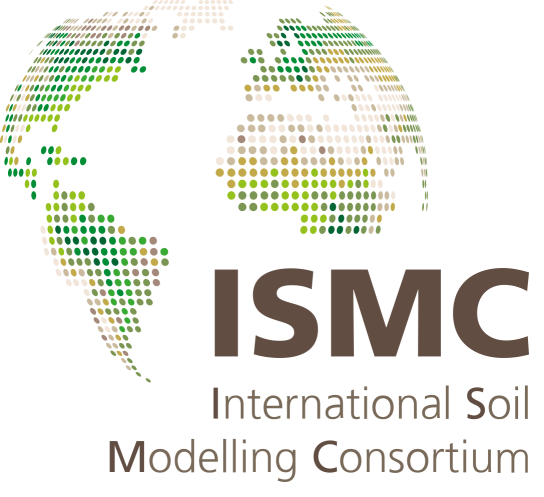Modelling soil carbon under diverse cropping systems and farming management in contrasting climatic regions in Europe
- 1(khadiza.begum@port.ac.uk) School of Mathematics and Physics, University of Portsmouth, Hampshire
- 2Sustainable Use, Management and Reclamation of Soil and Water Research Group (GARSA), Department of Agricultural Engineering, Universidad Politécnica de artagena, Paseo Alfonso XIII 48, 30203 Cartagena (Spain
- 3Consiglio per la ricerca in agricoltura e l'analisi dell'economia agraria (CREA) Centro di ricerca Agricoltura e Ambiente – Research centre for Agriculture and Environment (AA), Via della Navicella 2-4, 00184 Roma (IT)
- 4Luonnonvarakeskus/Natural Resources Institute Finland (Luke), Tietotie 4, FI-31600 Jokioinen, Finland
Sustainable agriculture has been identified as key to achieve the 2030 Agenda for Sustainable Development Goal aiming at ending poverty and hunger, and addressing climate change, while maintaining natural resources. Soil organic carbon (SOC) sequestration is an important soil functions for the ecosystems service, and storing carbon (C) in soil by changing traditional management practices can represent an important step towards the development of more sustainable agricultural systems in Europe. Within the European project Diverfarming, the process-based ecosystem model ECOSSE was modified and evaluated in three long term experiments to assess the impact of crop diversification and agricultural management in SOC dynamics. ECOSSE was able to simulate SOC under Mediterranean regions in Spain and Italy after changing the minimum value of the decomposition rate modifying factor for soil moisture and allowing a higher soil moisture deficit. In Spain the addition of manure and cover crop in the diversified systems produced an increase in SOC compared to the conventional management (6% in simulations, 2% in measurement) in eight years. The effect of tillage on SOC stock in the Italian dry soil was also modelled, and a positive impact on SOC was predicted when no tillage is practised. Finally, ECOSSE was used to understand the impact of diversifications in Finland where different proportions of legumes and grass were considered in four-year crop rotations compared to conventional cereal rotations. Experiments and modelling showed that the loss of SOC in conventional cereal was compensated when grass was introduced in the rotations. A good agreement (RMSE <10%) and a non-significant bias were observed between model and data for all sites. The modified ECOSSE was able to predict SOC under diverse cropping systems and farming management in contrasting climatic regions. Further studies linking SOC simulations to indicator of sustainability across various European pedoclimatic regions is ongoing.
How to cite: Begum, K., Zornoza, R., Farina, R., Lemola, R., and Cerasuolo, M.: Modelling soil carbon under diverse cropping systems and farming management in contrasting climatic regions in Europe, 3rd ISMC Conference ─ Advances in Modeling Soil Systems, online, 18–22 May 2021, ISMC2021-80, https://doi.org/10.5194/ismc2021-80, 2021.

